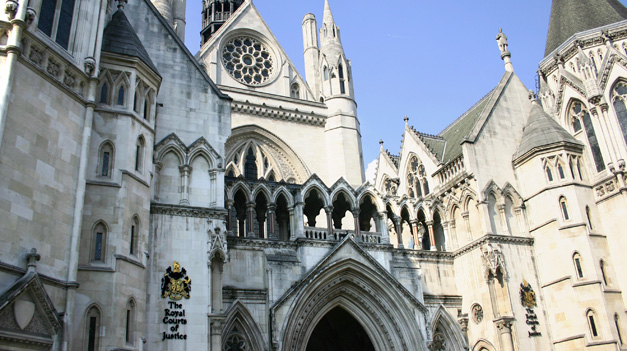
In a landmark legal decision on 3 November 2009, the Employment Appeal Tribunal decided that: “A belief in man-made climate change, and the alleged resulting moral imperatives, is capable, if genuinely held, of being a philosophical belief for the purpose of the 2003 Religion and Belief Regulations”
The claimant, Tim Nicholson, alleged that his eco-beliefs led to a conflict with senior executives at his then employer, Grainger plc – the UK’s largest listed residential property company. Although the company had good written policies on the environment, they were not, he argued, complied with. When he tried to encourage this, he says he was faced with a brick wall and contempt. After he was made redundant, he commenced legal action alleging unfair dismissal on the grounds of discrimination as covered by the Religion and Beliefs Regulations 2003. This piece of legislation makes it unlawful to discriminate against a person on the grounds of their religious or philosophical beliefs. The issue in the case was whether his beliefs in climate change, the environment and green issues could be classified as a philosophical belief and thus benefit from the protection. Although he was successful in having his beliefs classified as protected under the legislation, the case does not decide the substantive claim which can now proceed to a tribunal for hearing.
What belief is protected here? This was set out by Counsel for Mr Nicholson:
“The philosophical belief is that mankind is heading towards catastrophic climate change and therefore we are all under a moral duty to lead our lives in a manner which mitigates or avoids this catastrophe for the benefit of future generations, and to persuade others to do the same.” (paragraph 12 of the Judgment)
In reaching his decision, the Judge took into account case law arising from disputes concerning the European Convention on Human Rights which are heard by its Court in Strasbourg. Article 9 of the Convention provides for a right to freedom of thought, conscience and religion and Article 14 prohibits discrimination on grounds such as sex, race, colour, religion, political or other opinion. Reference was made to previous authorities on related but different areas. The criteria implied or introduced in those are (see paragraph 24 of the Judgment):
(i) the belief must be genuinely held.
(ii) it must be a belief and not an opinion or viewpoint based on the present state of information available.
(iii) it must be a belief as to a weighty and substantial aspect of human life and behaviour.
(iv) it must attain a certain level of cogency, seriousness, cohesion and importance.
(v) it must be worthy of respect in a democratic society, be not incompatible with human dignity and not conflict with the fundamental rights of others.
(see in particular Campbell and Cosans v the UK at the ECHR and Williamson at the English House of Lords, both cases involving corporal punishment beliefs).
It is understood this could open the floodgates to allow people to claim discrimination on a wide range of issues. Karen McVeigh, reporting the case in guardian.co.uk, states that these could range from ‘animal rights to feminism.’ Mr Nicholson’s solicitor is also quoted in the same article as saying:
“This case confirms, for the ever increasing number of people who take a philosophical stance on the environment and climate change, and who lead their lives according to those principles, that they are protected from discrimination.”
Subsequent pieces on ERIC will follow up this important Judgment. Keep reading!
Further reading: Grainger Plc & Others v Mr T Nicholson Appeal No. UKEAT/0219/09/ZT







